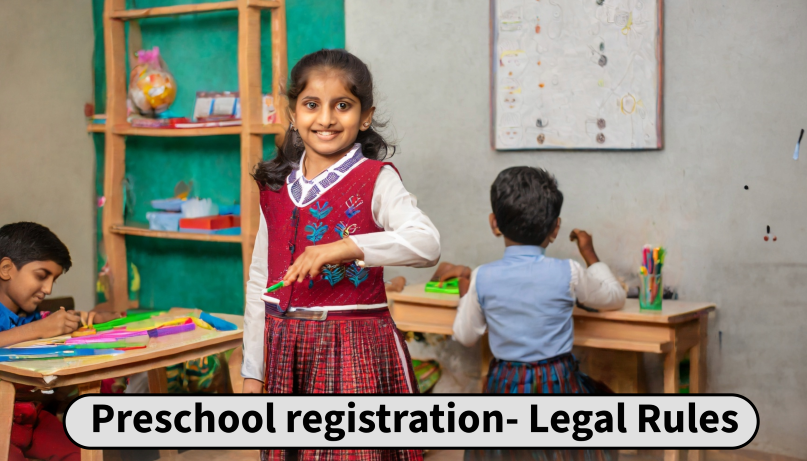Preschool Education
There is no central law for registering preschool education in India. However, some states have enacted laws such as the “Private School Education Acts” in Tamil Nadu, Maharashtra, and others. Many other states have issued letters from the State Government (under the guise of the RTE Act) regarding the establishment and operation of preschools.
Various acts implemented in various states link
.jpg)
The National Education Policy 2020 is a comprehensive policy document that aims to overhaul the education system in India. The policy aims to provide universal access to quality education from preschool to secondary level with a 100% Gross Enrolment Ratio (GER) in school education by 2030. However, the policy does not provide any specific guidelines for registering preschools in India.
The NEP 2020 also recognizes the need for a strong regulatory framework for ECCE, which includes the development of a National Curricular and Pedagogical Framework for Early Childhood Education, the establishment of a National Initiative for Proficiency in Reading with Understanding and Numeracy (NIPUN Bharat) and Numeracy, and the creation of a National Council for ECCE.
To start a preschool, four major factors need to be understood: Early Childhood Care and Education (ECCE) in India, the National Education Policy of India, Guidelines for Preschool Education, and the Integrated Child Development Services (ICDS) scheme, which is the largest ECCE scheme in the world catering to children under 6 years of age in India.
Popular Curriculum for Preschool Education
- Montessori: This curriculum is based on the philosophy of Dr. Maria Montessori, which emphasizes self-directed learning and hands-on activities. The curriculum is designed to help children develop their cognitive, social, and emotional skills.
- Waldorf: This curriculum is based on the philosophy of Rudolf Steiner, which emphasizes the importance of imagination and creativity in learning. The curriculum is designed to help children develop their artistic, social, and practical skills.
- Reggio Emilia: This curriculum is based on the philosophy of Loris Malaguzzi, which emphasizes the importance of child-led learning and the role of the environment in learning. The curriculum is designed to help children develop their creativity, critical thinking, and problem-solving skills.
- Playway: This curriculum is based on the philosophy of Friedrich Froebel, which emphasizes the importance of play in learning. The curriculum is designed to help children develop their social, emotional, and cognitive skills through play and exploration.
Readers are encouraged to read more such articles at
https://news24.edupedia.site/2021/08/22/universal-sound-om-ohm-aum-best-way-for-meditation/
Tribandh pranayam demonstration
Meditation in the classroom is like icing on the cake
Discover more from News 24 Media
Subscribe to get the latest posts sent to your email.


